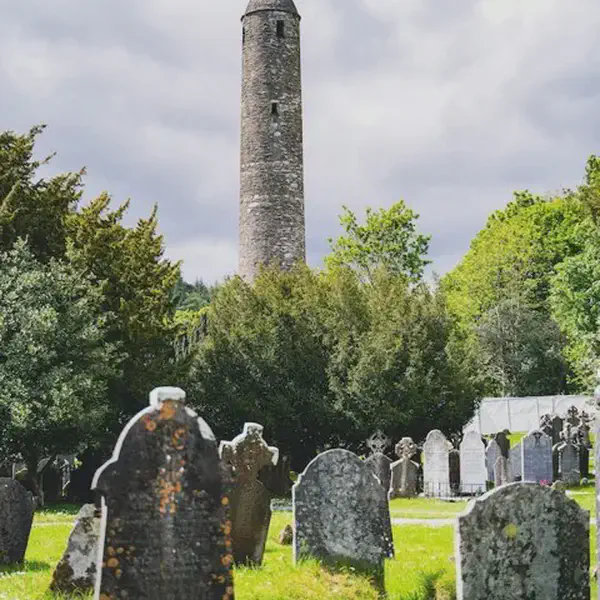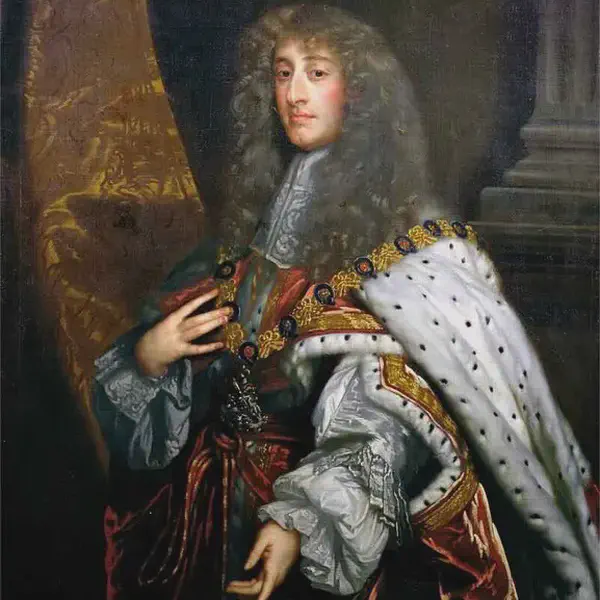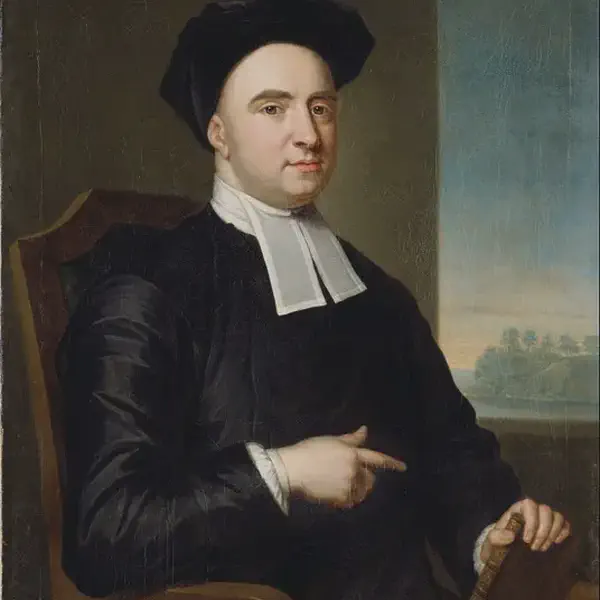
William of Orange and Mary become joint sovereigns of the UK
William of Orange and Mary became joint sovereigns of England, Scotland, and Ireland after the Glorious Revolution of 1688. The Glorious Revolution was a pivotal event in English history that led to the overthrow of King James II. The revolution was considered “glorious” because it was relatively bloodless and resulted in significant political and constitutional changes.
ireland

Thirteen Apprentice Boys refuse to let a Catholic army into Derry-Londonderry
The “Closing of the Gates” in Derry-Londonderry, which occurred on December 07, 1688. The city’s Protestant inhabitants, led by thirteen Apprentice Boys, took a significant stand during this episode.
ireland


Order of the Thistle founded by King James VII.
The Most Ancient and Most Noble Order of the Thistle is an order of chivalry associated with Scotland. While its original date of foundation is unknown, James VII (also King of England as James II) instituted the modern Order in 1687. The Order consists of the Sovereign and sixteen Knights and Ladies, as well as certain extra knights (members of the British Royal Family and foreign monarchs). The Sovereign alone grants membership of the Order; he or she is not advised by the Government, as occurs with most other Orders.
ireland

Richard Talbot, the Earl of Tyrconnell, appointed Lord Deputy of Ireland
Richard Talbot, Earl of Tyrconnell, was appointed Lord Deputy of Ireland in 1687 by King James II, becoming the first Catholic to hold that office since the Reformation. His appointment marked a pivotal moment in Irish history, reflecting King James’s efforts to restore Catholic influence in Ireland.
ireland

With the return of a Catholic monarchy James II payments to the Catholic hierarchy are authorized
The Glorious Revolution is the sequence of events that led to the deposition of James II and VII in November 1688. He was replaced by his daughter Mary II and her Dutch husband, William III of Orange, who was also his nephew.
ireland

Samuel Haliday, born
Samuel Haliday or Hollyday (1685–1739) was an Irish Presbyterian non-subscribing minister, to the “first congregation” of Belfast.
ireland

George Berkeley, Irish philosopher and Anglican bishop, born
George Berkeley, a renowned Irish philosopher and Anglican bishop, was born on March 12, 1685, in County Kilkenny, Ireland. He became one of the most influential philosophers of the early modern period, best known for his theory of immaterialism, later referred to as “idealism.” This theory posits that objects outside the mind do not exist independently of perception; in other words, “to be is to be perceived.”
ireland